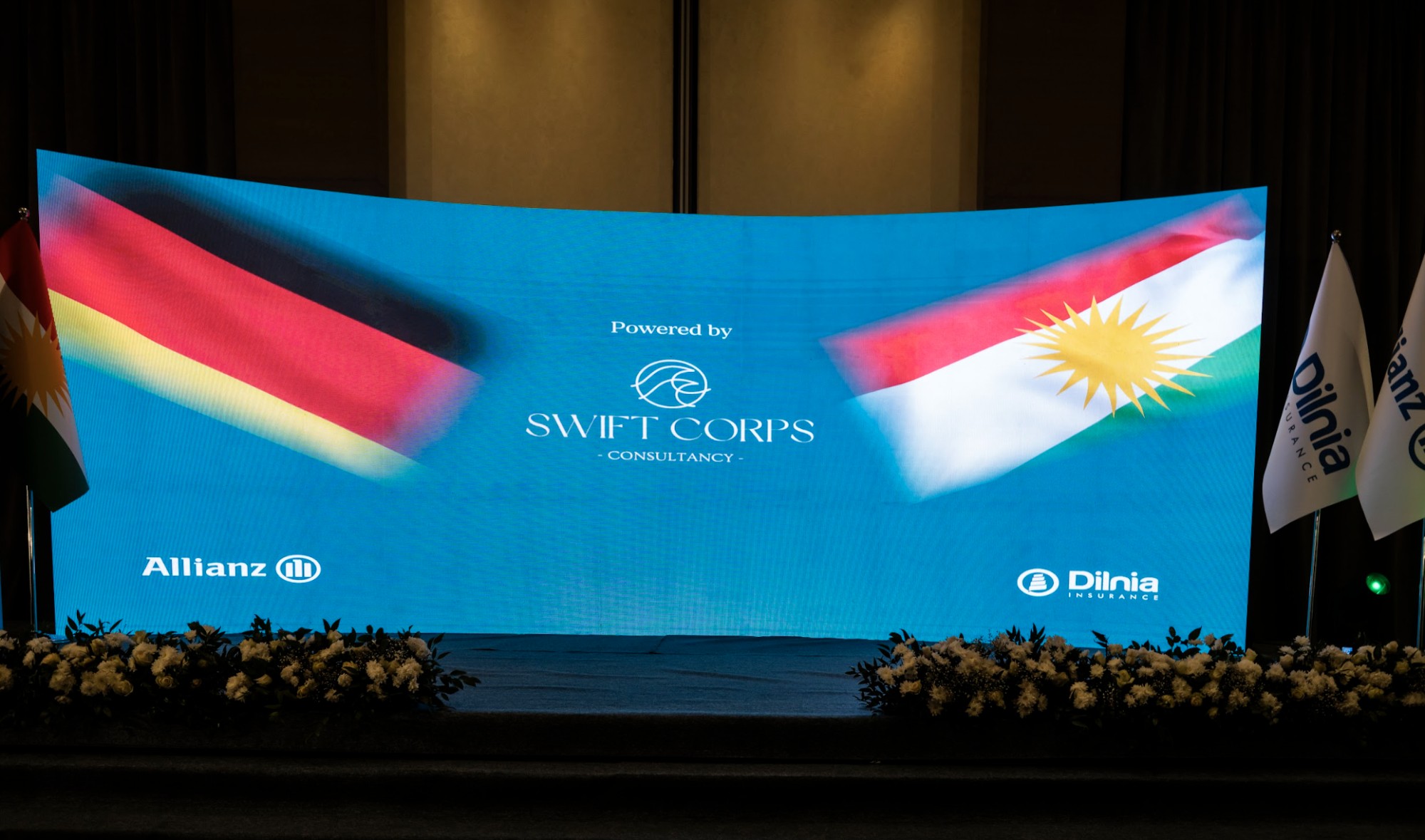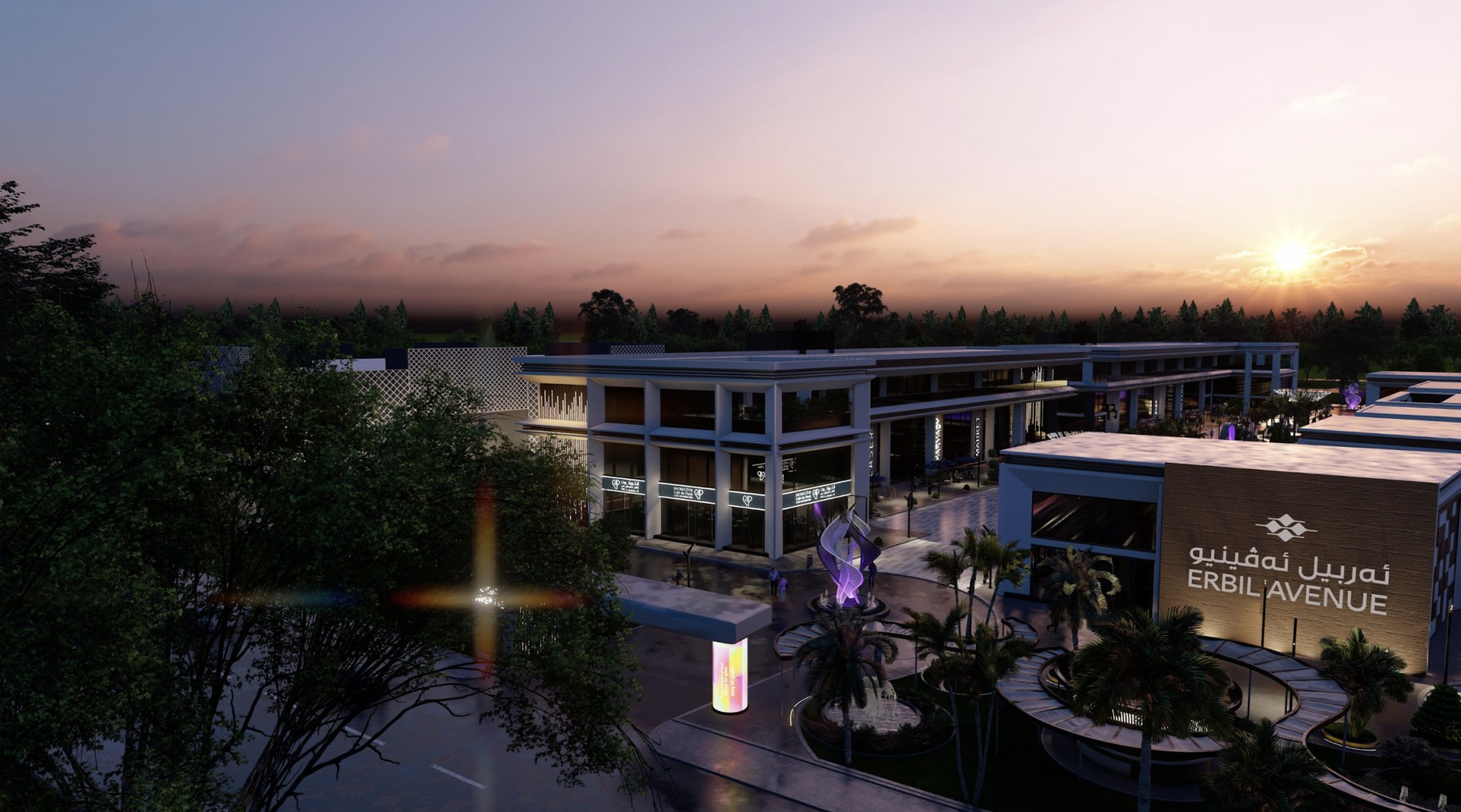The Kurdistan Regional Government (KRG) has embarked on an ambitious journey to revitalize its agricultural sector, positioning it as a key driver of economic growth and sustainability. With agricultural reform as a top priority, the current cabinet has implemented a series of strategic initiatives aimed at boosting investment, modernizing infrastructure, and promoting local produce. These efforts are reshaping the agricultural landscape of the Kurdistan Region, paving the way for a more prosperous and self-sufficient future.
Under the leadership of the current administration, the allocation of funds to agriculture has seen an unprecedented rise. Historically, only 1.5% of the government’s budget was dedicated to this vital sector but, recognizing its untapped potential and importance, the government has increased this figure to nearly 10%. This substantial boost in funding has enabled the implementation of numerous projects designed to enhance agricultural productivity, sustainability, and profitability.

Multifaceted strategy
A key aspect of the KRG’s agricultural reform strategy is the licensing of new companies focused on various facets of agricultural production and processing. These new enterprises cover a wide range of activities, including the packaging and production of eggs, yogurt, milk, and olive oil. By fostering the growth of these businesses, the government aims to create a more self-sufficient agricultural industry. This not only reduces the region’s reliance on imports but also ensures that high-quality, locally produced goods are available to consumers.
The government’s efforts to promote local produce have yielded significant results, with some of Kurdistan’s finest agricultural products gaining recognition and market presence in the Gulf region. High-quality pomegranates, apples, and honey from Kurdistan have made their way onto the shelves of Gulf markets, showcasing the region’s agricultural prowess. These initiatives are opening new markets for Kurdish farmers, enhancing the global reputation of Kurdistan’s agricultural products and providing a boost to the local economy.
Infrastructure development is a cornerstone of the KRG’s agricultural reform agenda. Prime Minister Masrour Barzani has been a vocal advocate for these reforms, highlighting their importance in various public statements. One of the flagship projects under his administration is the new $22-million wholesale market in Akre, which is nearing completion and aims to support local farmers and traders by providing a central hub for agricultural trade.

Prime Minister Barzani recently emphasized the significance of this project in a post on X: “Akre’s new wholesale market will be completed soon. With this $22-million investment, we are supporting our farmers and local traders on one hand and boosting the local economy with new jobs on the other.” The market is expected to facilitate the efficient distribution of local produce, improve access to buyers, and stimulate economic activity in the region.
The KRG is also focused on improving agricultural practices to ensure long-term sustainability. This involves the adoption of modern farming techniques, investment in research and development, and the promotion of environmentally friendly practices. By supporting initiatives that promote water conservation, soil health, and sustainable farming methods, the government is working to secure the future of agriculture in the Kurdistan Region.
Empowering local farmers is at the heart of the KRG’s agricultural reform efforts. The government has introduced various programs to provide farmers with access to better resources, training, and technology. These programs aim to increase crop yields, reduce production costs, and improve the overall quality of produce. Additionally, by offering financial support and incentives, the KRG is encouraging more people to engage in agricultural activities, thereby strengthening the rural economy.

Future prospects and vision
The KRG’s commitment to agriculture reform is a testament to its vision for a diversified and resilient economy. By prioritizing this sector, the government is not only addressing immediate economic challenges, but also laying the foundation for sustainable growth and development. The reforms are expected to create numerous job opportunities, enhance food security, and improve the standard of living for the people of the Kurdistan Region.
As these initiatives continue to take root, the Kurdistan Region is poised to become a model of agricultural excellence and innovation. The ongoing efforts to modernize infrastructure, promote local produce, and empower farmers reflect a forward-thinking approach that promises to bring long-term benefits to the region. With continued support and investment, the future of agriculture in Kurdistan looks brighter than ever.
Marewan Hawramy is a writer and has master’s degree in diplomacy and international relations.

